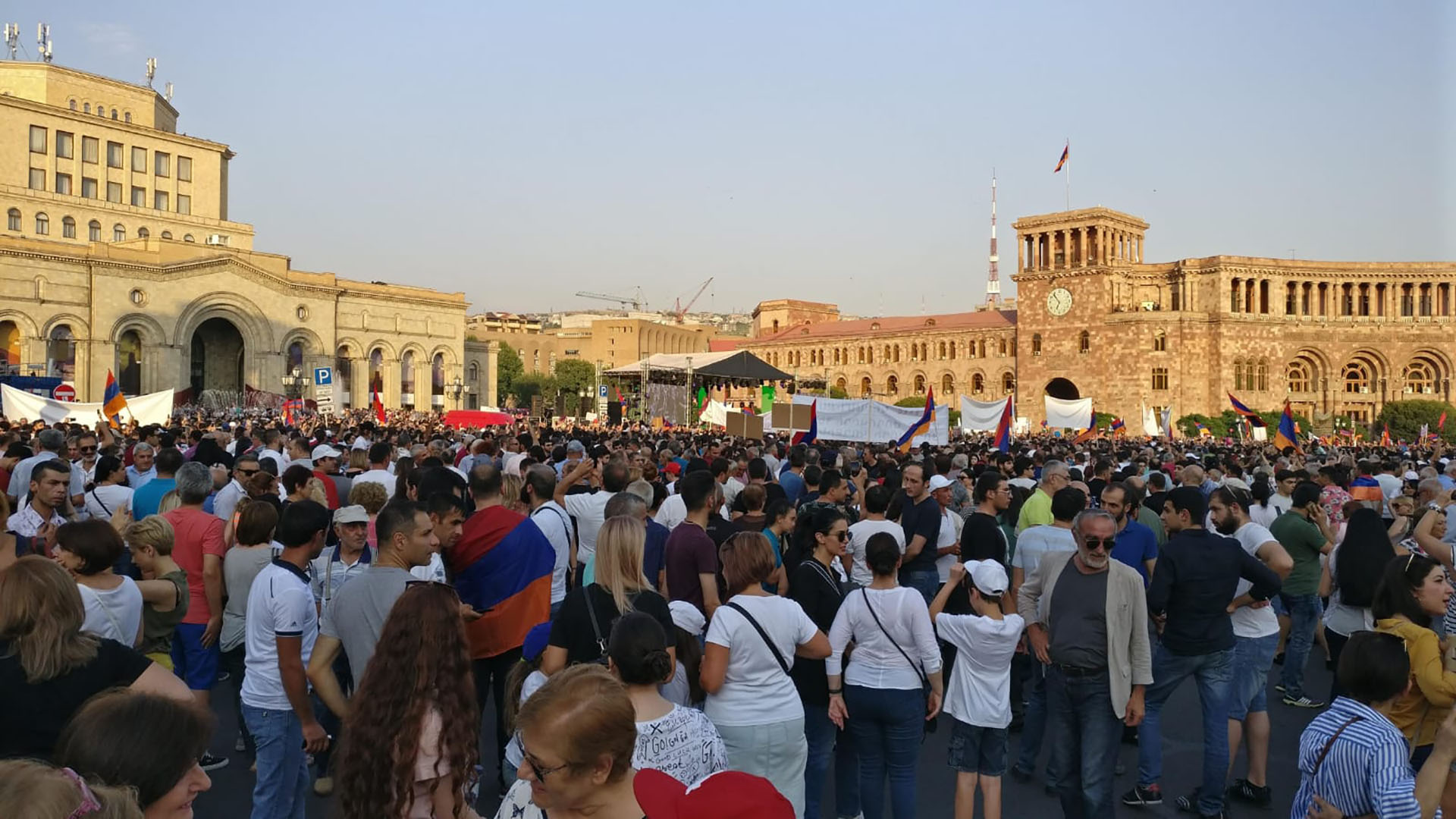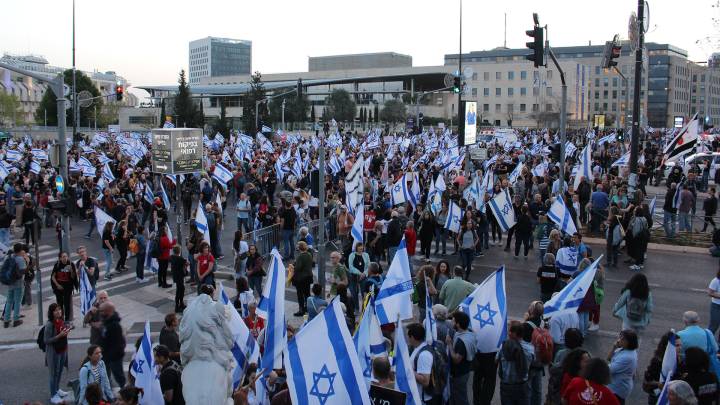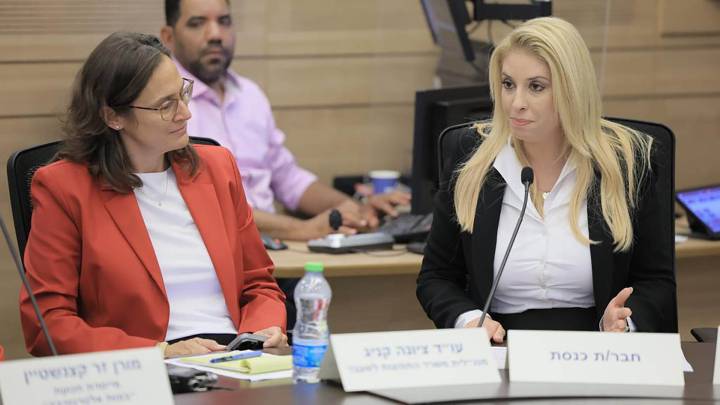In 2018, the “velvet revolution” turned Armenia’s political landscape upside down. Political analyst Anahit Shirinyan talks about the intricacies of manoeuvring between Russia, Iran and the US and kickstarting the peace process in Nagorno Karabakh.
zenith: During the last year, Armenia has seen enormous political changes. How do these inner changes affect the country’s foreign policy?
Anahit Shirinyan: The most important impact is that Armenia’s ability to make sovereign decisions has been increased – even if there are still some limits. This is linked to the fact that the new government derives its legitimacy exclusively from its domestic constituency. We know that in the past, lack of legitimacy at home would at times force consecutive Armenian administrations to seek support from external actors to maintain their power. This came with a price tag, often meaning that key Armenian interests would be compromised. The legitimacy factor is a precondition for a more assertive foreign policy.
With the elections coming in December, parliament has been almost entirely renewed, many MPs are political newcomers.
Armenia now has a new generation of politicians in power: The majority of them are not even post-Soviet, they are un-Soviet. They think and act differently. And even though the government has promised continuity in foreign policy, these changes are going to inevitably affect how foreign policy is conducted.
President Nikol Pashinyan seems to seek closer ties with Europa – without giving up the proximity to Russia. How can he escape this dilemma?
Balancing Russia is a tough business. The asymmetry in relations is big and Armenia needs to act prudently and strategically. Armenia is operating in a situation where there is a huge imbalance to correct. The country has never wanted to make a choice between the West and Russia – that dilemma is irrelevant for Armenia. Yet, the geostrategic divide between the West and Russia remains and continues to constrain Armenia’s manoeuvring space. I believe there is an understanding that Armenia needs to balance its over-reliance on Russia regardless of the Western factor.
How is the new government trying to do that?
For example, since the revolution, Armenia has adopted a more assertive posturing in defending its interests within the Russian-led Collective Security Treaty Organization (OSTO). It has also resisted Russian attempts at interfering in domestic affairs connected with the arrest of ex-president Robert Kocharyan, a Putin ally. But the government also agreed to send a small group of de-miners to Syria, to work within the areas under Russian influence. The move was partly driven by the rationale that Armenia needs to offer some sort of a humanitarian relief to war-torn Syria which had harboured Armenians when they were fleeing the genocide back in 1915, and where there still is a considerable ethnic Armenian community. But it was also meant to appease Russia amidst Moscow’s growing unhappiness that Armenia is trying to act more independently.
‘There is little readiness to engage with Armenia the way the West engaged with post-revolutionary Georgia or Ukraine’
And how realistic is the approach with regards to relations with the European Union?
I can see a capability-expectations gap in relations between Armenia and the West. Yerevan clearly wants to have closer ties with the West than it had before, but without antagonizing Russia. At the same time, the EU is preoccupied with its own issues, like Brexit and uncertainties in the transatlantic alliance. The West seems enthusiastic about Armenia's transformation. However, because this transformation has been unexpected for everyone, there is little readiness to engage with Armenia the way the West engaged with post-revolutionary Georgia or Ukraine. But the most important factor, as I believe, is the unspoken reality that Armenia has the democratic ambition without the geostrategic shift towards the West that revolutions in Georgia and Ukraine recorded. How do you engage with a democracy that remains in Russia’s zone of influence? At the same time, most actors in the West, especially in the EU, do not necessarily want Armenia to have problems with Russia. Hence, this is a dilemma that the West and Armenia need to address.
How do you assess the attempts to get closer to Iran?
Iran presents an untapped potential for Armenia, it is a silent but crucial player in the region. In its bid to engage with Iran, just as with Georgia, Armenia is trying to break away from the geostrategic entrapment of the West-Russia dilemma. I believe Armenia is now viewing Iran as a country that can potentially balance Russia in energy and security terms. The re-instalment of sanctions against Iran by Washington is unfortunate for Armenia. Now Yerevan again has to balance between Washington and Tehran – but the US is too far away, and Iran is next door. It is easy to assume that Armenia will not join Washington’s efforts to curb Iran.
A crucial factor for Armenian politics has always been the security of the country, especially in relations to neighbouring Azerbaijan. What does the new government’s strategy look like?
The way of thinking about security has changed a lot in Armenia over the last few years, especially after the April 2016 war in Nagorno Karabakh. Russia remains an important arms provider for Armenia as the arms race with Azerbaijan continues. But there is a crisis of confidence in Armenia-Russia ties as Moscow has tried to exploit Armenia’s security predicament to limit its sovereignty. There is a realization that ultimately, Armenia can only rely on itself for its security. And the new government, apart from building up military capacities, is also trying to build up a political clout for the country, which can act as a deterrent against war, too. Given the context of the Nagorno Karabakh conflict, Armenia is an important security player that prevents war in the region: A slide down in Armenia’s security and defence posturing means the region will slide down into a war.
‘If there is a political will to transform the Karabakh conflict, we will see that translated into healthier public narratives and official discourses in all three societies’
The negotiations with Azerbaijan about Nagorno Karabakh seem to be a top priority for Pashinyan. Will he be able to change the difficult situation?
In principle, the Karabakh peace process cannot be a top priority for Pashinyan, because he is facing a plethora of challenges at home. There are huge public expectations on his government to deliver immediate results in reforms and economic development. So he has a lot on his plate. But the irony is that the one trying to drive change into the peace process is still Pashinyan. He is challenging the principal assumptions of the peace process, and his upfront approaches clash with the traditionally ambiguous features of the talks.
In what way?
On the one hand, he points out that the current framework is incomplete without Karabakh, which during most of the 1990s was part of the process. On the other hand, he emphasizes that a solution should be acceptable to all three societies – Armenian, Karabakhi and Azerbaijani. This may seem like a very basic idea, but it is a new type of rhetoric in the context of this conflict. Finally, he challenges the ambiguity of the Madrid Principles that have for over 10 years served as the basis of negotiations. That ambiguity has been deemed constructive by the policy community, assuming it would allow a compromise solution. But it has instead turned into a destructive ambiguity, allowing each side to interpret the principles differently without attempting to compromise. The Armenian approach is in a sense also challenging the OSCE Minsk Group to get out of its comfort zone.
Are you optimistic concerning the further development of the conflict?
What we are seeing is an attempt to switch from the zero-sum mode in the talks into a dialogue mode. The question remains, whether the renewed process will serve to transform the nature of the conflict or if it will turn out again as a way to give the parties time to prepare better for the next, more devastating war. Furthermore, it remains unclear if Azerbaijan has any input to make towards the peaceful resolution of the conflict. On the Armenian side, there are expectations that Azerbaijan will also bring something constructive to the negotiation table, such as acknowledging Nagorno Karabakh’s right for self-determination, also implied by the Madrid Principles. It is unrealistic to think that Armenia alone can make a difference without Azerbaijan starting to act like a partner for peace. If there is a political will to transform this conflict, we will see that translated into healthier public narratives and official discourses in all three societies. Before that happens, I see no reason to be optimistic.
Anahit Shirinyan is a political analyst based in Yerevan. She previously worked for Chatham House and published in academic journals like the Journal of Conflict Transformation. Her major focus is on Armenia, as well as international relations in the South Caucasus.




